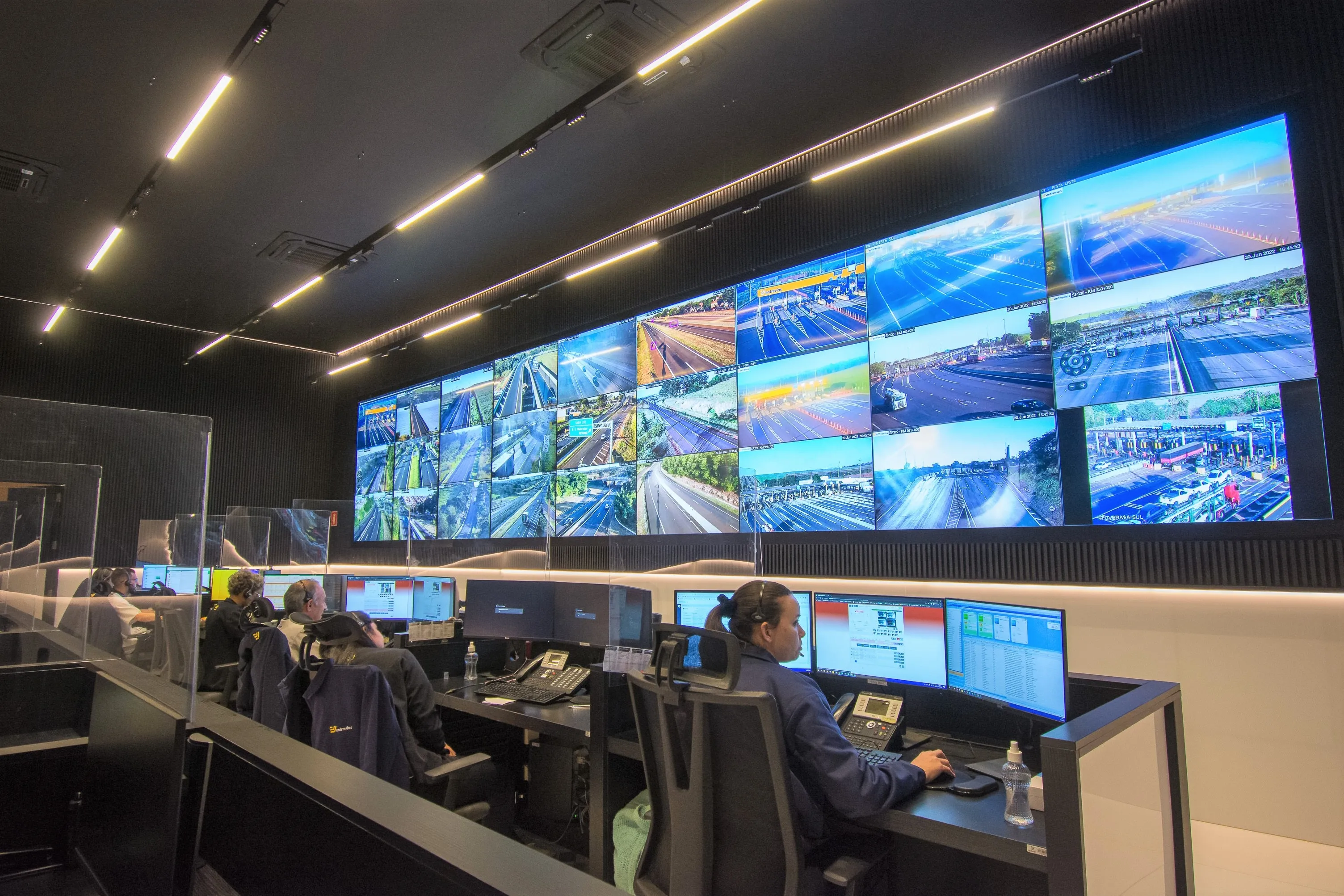
Intro ends
Some African countries grappling with infrastructure financing are fine-tuning their public private partnership policies to allow innovations such as road tolling in mobilising funds for modernisation and maintenance of their highways.
According to the African Development Bank, the continent has an estimated $46Bn of infrastructure financing deficit. The bank says sub-Saharan Africa requires $93Bn annually to meet its infrastructure development needs - but only half of the financing is available.
A few countries have introduced intelligent transport systems on improved road sections and concessioning of selected stretches. This is being combined with better road maintenance and expenditure management, project pricing reforms, better and regulatory change to finance much needed rehabilitation and maintenance of roads as well as the construction and upgrading of roads and highways.
Tolling of roads is gaining traction (albeit slowly and with opposition from some road users) as national road agencies begin to address the need to increase road capacity and reduce chronic congestion in Africa’s cities.
South Africa lead the road tolls strategy with the launch of the Gauteng Freeway Improvement Project (GFIP) by the South African National Roads Agency (Sanral), a state-run firm mandated to manage, maintain and develop the country’s national road network.
GFIP entailed the upgrading of 200km (125 miles) of highway (later extended to 560km/350 miles) by widening existing freeways to four lanes and building new freeways and bridges as well as the rehabilitation of existing ones. Following the upgrading, free-flow electronic tolling was introduced in late 2013.
Two years before the e-tolls went live, Sanral awarded the contract for the multilane free flow tolling system to Electronic Toll Collection, a subsidiary of Kapsch TrafficCom.
Kapsch told ITS International the contract covered the design and implementation of an open road tolling system for the Gauteng Province, a national transaction clearing house and violations processing centre.








